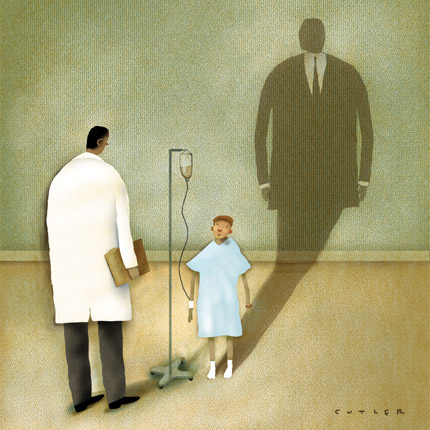Leflunomide gets boxed warning, ARBs under review
Recalls, warnings, approvals and other regulatory news.
Recalls, warnings
Mylotarg (gemtuzumab ozogamicin) was voluntarily withdrawn from the market due to new concerns about safety and benefits. The drug had been approved under an accelerated program for patients with acute myeloid leukemia.

A class I recall of LIFEPAK 20 and LIFEPAK 20e external defibrillator/monitors due to power supply failures. Customers are advised to keep the defibrillators in service while updates are scheduled.
A class I Staphylococcus aureus (MRSA) blood culture assay due to a potential for false-negative MRSA results, which could result in incorrect treatment or delay of care for patients with MRSA infection.
A warning against the use of Qualaquin (quinine sulfate) to treat nighttime leg cramps. This unapproved use of the malaria drug has led to serious side effects, including thrombocytopenia and death, and has prompted the manufacturer to develop a risk management plan.
A warning that certain stolen Advair Diskus (fluticasone propionate) inhalers have been found in pharmacies and their safety and effectiveness cannot be assured.
A warning that a product represented as generic Tamiflu is being sold over the Internet and could harm penicillin-allergic patients. Tests revealed that the fraudulent product does not contain oseltamivir, but contains cloxacillin, an ingredient in the same class of antibiotics as penicillin.
A boxed warning on leflunomide (Arava) highlighting the risk of severe liver injury (including 14 reports of fatal liver failure). Patients taking other drugs known to cause liver injury and patients with pre-existing liver disease are at highest risk, and the warning includes treatment recommendations regarding these patients.
A recall of physician sample and hospital unit dose blister packs of Coumadin (warfarin) 1 mg because the active ingredient may be below or above therapeutic levels.
A recall of Procter & Gamble's 4 Hour Decongestant Nasal Spray because the product formulation may not meet the expiration dates on the package.
Approvals
The Implantable Miniature Telescope to improve vision in end-stage age-related macular degeneration. Risks include extensive loss of corneal endothelial cells and chronic endothelial cell loss.
The first assay to detect both antigen and antibodies to HIV. It is approved to aid diagnosis of HIV-1/HIV-2 infection in adults, including pregnant women, and can diagnose HIV infection before emergence of antibodies. It is also the first assay to aid diagnosis of HIV-1/HIV-2 infection in children as young as two years old.
Cabazitaxel (Jevtana), a chemotherapy drug used with prednisone for prostate cancer. It is the first treatment for advanced, hormone-refractory prostate cancer that has worsened during or after treatment with docetaxel. Side effects were neutropenia, anemia, leukopenia, thrombocytopenia, diarrhea, fatigue, nausea, vomiting, constipation, asthenia and renal failure.
A new indication for nilotinib (Tasigna). Under the FDA's accelerated approval program, its use has been expanded to earlier stages of Philadelphia chromosome-positive chronic-phase chronic myeloid leukemia (Ph+ CP-CML).
The first rapid blood test for antibodies to the hepatitis C virus for individuals 15 years and older. The test strip does not require an instrument for diagnosis and takes about 20 minutes to provide results.
The first generic version of venlafaxine hydrochloride extended-release capsules (Effexor XR) for major depressive disorder. The capsules will be sold in 37.5-mg, 75-mg and 150-mg strengths and will have the same safety warnings as Effexor XR.
Miscellaneous
The FDA is reviewing the safety of angiotensin-receptor blockers (ARBs) after a recent study suggested a possible association with a small increased risk of cancer. The meta-analysis included data from over 1,000 patients in several long-term, randomized, controlled trials and found a 7.2% rate of new cancer in those receiving ARBs versus 6.0% for those not receiving ARBs (risk ratio, 1.08; 95% CI, 1.01 to 1.15). No statistically significant difference in cancer deaths was noted. During the review, the FDA recommends the drugs still be used as recommended and advises that their benefits appear to continue to outweigh the potential risks.




